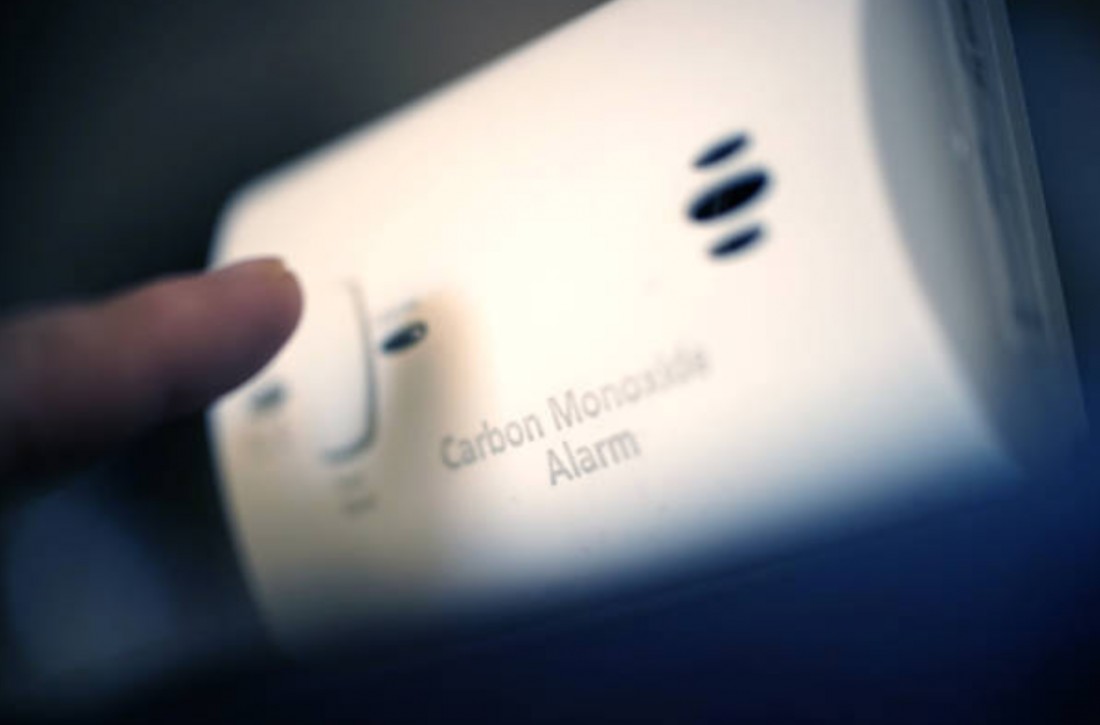CO Poisonings usually occur in winter months when people use heating sources that may produce hazardous CO levels. You can prevent CO poisoning by preparing your home heating sources for winter, acting wisely in the case of a power outage, and learning the symptoms of CO poisoning.
CO is a colorless, odorless gas produced by burning any fuel. About 20,000 Americans are treated in emergency rooms each year because of CO exposure; exposure to high levels of CO can cause death. Many people who have carbon monoxide poisoning don’t know it because its symptoms are familiar complaints.
Common Symptoms of CO Poisoning Include:
- Headache
- Dizziness
- Chest pain
- Nausea/vomiting
In severe cases of CO poisoning, people may be agitated and confused or tired, or may lapse into unconsciousness.
CO exposure can happen at any time during the year, but most accidental CO poisonings occur from December through February. During these winter months, people rely most heavily on their furnaces and are most likely to warm up vehicles in a garage.
Winter storms can bring strong winds or heavy accumulations of ice with them and disrupt electric power for hours or even days while utility companies work to repair the damage.
Temperatures in your home may become uncomfortable, and bundling up in extra clothing and blankets may not provide enough warmth. Sadly, many CO poisonings are caused by the use of alternative heating sources during electric power outages.
Safety Precautions
You can protect yourself and your family from the dangers of CO poisoning by observing the following:
- DO install battery-operated CO detectors in your home, especially near heating sources. Change the batteries in the detector when you change your clocks from daylight saving time to standard time.
- DO have a qualified technician check your heating systems, water heaters, and other gas-, oil-, or coal-burning appliances every year.
- DO have your chimney and flue inspected and cleaned yearly.
- DO make sure that your chimney is not blocked with snow before you use your fireplace.
- DO move to a fresh-air location and call 911 immediately if you experience the symptoms of CO poisoning.
- DO check frequently on children and the elderly.
- DO NOT use gas-powered appliances such as ranges, ovens, or clothes dryers to heat your home.
- DO NOT use camp stoves, charcoal grills, or hibachis inside your home, in the basement, or in the garage.
- DO NOT operate a generator inside your home or garage. Only operate a generator outdoors and away from doors, windows, and vents that could allow CO to seep indoors.
- DO NOT run a vehicle inside your garage, even if the garage door is open.
CO poisoning is entirely preventable. You can protect yourself and your family by preparing your home heating sources for winter, acting wisely in the case of a power outage, and learning the symptoms of CO poisoning.




